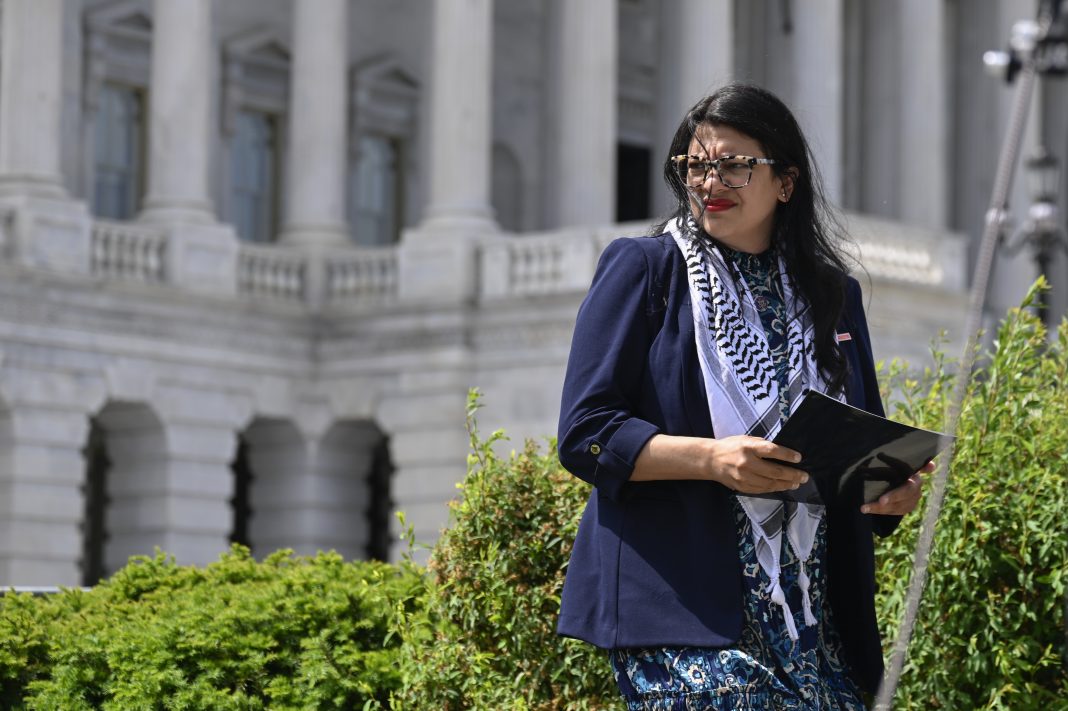The ongoing geopolitical tussle between the United States and China continues to shape the landscape for multinational corporations, particularly those operating in sectors sensitive to human rights concerns and supply chain ethics. A recent case in point is the investigation launched by Beijing into PVH Group, the parent company of well-known brands like Calvin Klein and Tommy Hilfiger. This scrutiny follows Washington’s recent decision to prohibit the use of software and hardware from “countries of concern,” particularly targeting Chinese technology in connected vehicles due to national security worries.
On September 24, the Chinese commerce ministry announced its investigation into PVH Group, accusing the company of implementing “discriminatory measures” against products sourced from Xinjiang, a region that has been at the center of international controversy due to allegations of forced labor and human rights abuses against the Uyghur Muslim population. The ministry’s statement emphasized that PVH’s actions allegedly violate “normal market trading principles” by unjustly boycotting cotton and other goods from Xinjiang. Such accusations carry significant weight, particularly given the historical context: the “unreliable entities list,” which Beijing established in retaliation to U.S. sanctions against Chinese telecom giant Huawei in 2019, aims to restrict foreign companies from participating in trade and investment activities within China.
In a striking parallel, the scrutiny of PVH Group comes on the heels of the Biden administration’s announcement to ban the sale of Chinese-developed technological products in connected vehicles. This initiative underscores an intensified focus on national security, particularly as it pertains to supply chains that may involve potential human rights violations. The U.S. government has previously taken a firm stance against imports from Xinjiang, citing the use of forced labor as a critical concern. The Uyghur Forced Labor Prevention Act, signed into law by President Biden in 2021, mandates that products from this region can only enter the U.S. market if exporters can provide verifiable proof that they were not produced using forced labor.
This dynamic is further complicated by the broader narrative surrounding human rights abuses in Xinjiang. Both the Biden and Trump administrations have referred to the situation there as “genocide,” citing reports of over one million Uyghur Muslims detained in a vast network of internment camps. First-hand accounts from survivors paint a harrowing picture of forced labor, sterilization, torture, and other abuses. In 2022, the United Nations human rights office affirmed that the actions of the Chinese government against the Uyghur population could amount to “crimes against humanity.”
China, however, has vehemently denied these allegations and has sought to counteract negative perceptions by pressuring foreign businesses and public figures to endorse its policies in Xinjiang. This effort has been met with a wave of nationalist sentiment within China, where over 30 celebrities severed ties with foreign brands amid rising anti-Western sentiments fueled by state media. This backlash has had tangible consequences, with major U.S. brands like Tommy Hilfiger and Calvin Klein losing prominent endorsements in the Chinese market.
In light of this complex backdrop, PVH Group finds itself navigating a precarious path. In a recent online statement, the company acknowledged the investigation and affirmed its commitment to comply with all relevant laws and regulations in the territories where it operates. “As a matter of company policy, PVH maintains strict compliance with all relevant laws and regulations in all countries and regions in which we operate,” they stated, emphasizing their intention to respond appropriately to the requests from the Chinese ministry.
The implications of this investigation extend beyond PVH Group and highlight a growing trend of international businesses grappling with the dual pressures of adhering to ethical sourcing standards while maintaining access to lucrative markets like China. As the scrutiny of human rights practices intensifies globally, companies must increasingly weigh their operational strategies against potential backlash from either side of the geopolitical divide.
For consumers and stakeholders alike, this situation raises critical questions about corporate responsibility and the moral obligations of brands in a global marketplace. As investigations like the one into PVH Group unfold, they serve as a stark reminder of the broader implications of business decisions in an interconnected world, where ethics, politics, and commerce are inextricably linked. The evolving narrative around Xinjiang products, the response of multinational corporations, and the geopolitical ramifications will undoubtedly continue to shape the future of international trade and relations in the years to come.
